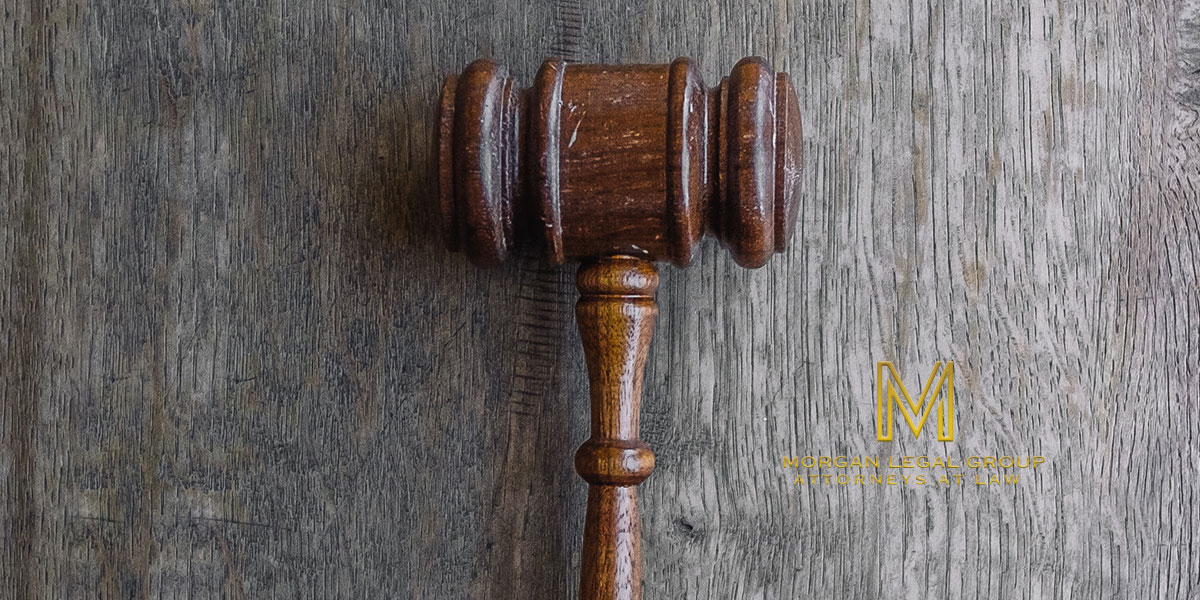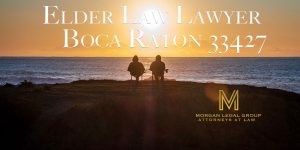Understanding Elder Law
Elder law is a specialized field of legal practice that focuses on the unique needs and concerns of older adults. It encompasses a wide range of legal issues and considerations, from estate planning and healthcare decisions to long-term care and protection against elder abuse. In this comprehensive guide, we’ll explore the key aspects of elder law and how it can benefit seniors and their families.
Introduction
Elder law is a legal practice area that has gained increasing importance as the population ages. With longer life expectancies and changing demographics, seniors and their families face a host of legal issues and challenges. Elder law attorneys specialize in addressing these issues and ensuring that older adults receive the care and protection they need.
Estate Planning
One of the fundamental aspects of elder law is estate planning. This involves making arrangements for the distribution of assets and property after a person’s death. It’s a critical step to ensure that your loved ones are provided for and that your wishes are carried out. Here are some key components of estate planning:
Wills and Trusts
Wills and trusts are legal documents that specify how your assets should be distributed upon your passing. A will outlines your wishes and designates an executor to carry them out. Trusts, on the other hand, can be used to manage and distribute assets while you’re alive and after your death.
Probate
Probate is the legal process of validating a will and administering an estate. It can be a complex and time-consuming process, but elder law attorneys can help navigate it efficiently.
Power of Attorney
A power of attorney is a legal document that grants someone the authority to make financial and legal decisions on your behalf if you become unable to do so yourself. This is especially important for seniors who may need assistance with their affairs.
Advance Directives
Advance directives are legal documents that outline your healthcare preferences in advance, should you become unable to communicate your wishes. These documents include:
Living Will
A living will specifies the medical treatments you do or do not want in the event of a terminal illness or permanent unconsciousness. It provides guidance to healthcare providers and relieves your loved ones of difficult decisions.
Healthcare Proxy or Medical Power of Attorney
This document appoints a trusted individual to make medical decisions on your behalf if you are unable to do so. It’s essential to choose someone who understands your values and preferences.
Medicaid Planning
Medicaid is a federal and state-funded program that provides healthcare coverage to low-income individuals, including many seniors. Medicaid planning involves strategies to protect your assets while still qualifying for Medicaid benefits, which can be crucial for long-term care. Common Medicaid planning techniques include:
Asset Protection Trusts
Asset protection trusts are legal structures that shield certain assets from being counted as part of your Medicaid eligibility. They can help you preserve assets for your heirs while still accessing necessary healthcare services.
Spousal Impoverishment Rules
If one spouse needs long-term care and the other does not, spousal impoverishment rules protect the non-institutionalized spouse’s assets and income, ensuring they can maintain their quality of life.
Guardianship
In some cases, older adults may become unable to make decisions for themselves due to cognitive decline or other reasons. When this happens, a court may appoint a guardian to make decisions on their behalf. Guardianship can be a complex legal process, and it’s crucial to have an experienced elder law attorney guide you through it.
Types of Guardianship
There are two main types of guardianship: guardianship of the person and guardianship of the estate. The former involves making personal and healthcare decisions, while the latter involves managing financial affairs.
Alternatives to Guardianship
In some situations, alternatives to guardianship may be more appropriate, such as establishing a durable power of attorney or a healthcare proxy. These documents allow individuals to choose someone they trust to make decisions on their behalf.
Elder Abuse and Neglect
Protecting older adults from abuse and neglect is a critical part of elder law. Elder abuse can take many forms, including physical, emotional, financial, and neglect. It’s essential to be vigilant and take action if you suspect any form of elder abuse. An elder law attorney can help you navigate the legal avenues for reporting and addressing elder abuse.
Signs of Elder Abuse
Recognizing the signs of elder abuse is the first step in addressing the issue. Common signs include unexplained injuries, sudden financial changes, emotional withdrawal, and changes in living conditions.
Reporting Elder Abuse
If you suspect elder abuse, it’s essential to report it to the appropriate authorities, such as Adult Protective Services or local law enforcement. An elder law attorney can also guide you through the reporting process.
Conclusion
Elder law encompasses a wide range of legal issues and considerations essential for older adults’ well-being and protection. Whether planning for your own future or assisting a loved one, consulting with an experienced elder law attorney is crucial. At Morgan Legal Group in Miami, we specialize in elder law and are dedicated to helping seniors and their families navigate these complex legal matters. Contact us today to schedule a consultation and ensure that your elder law needs are met with expertise and compassion.








